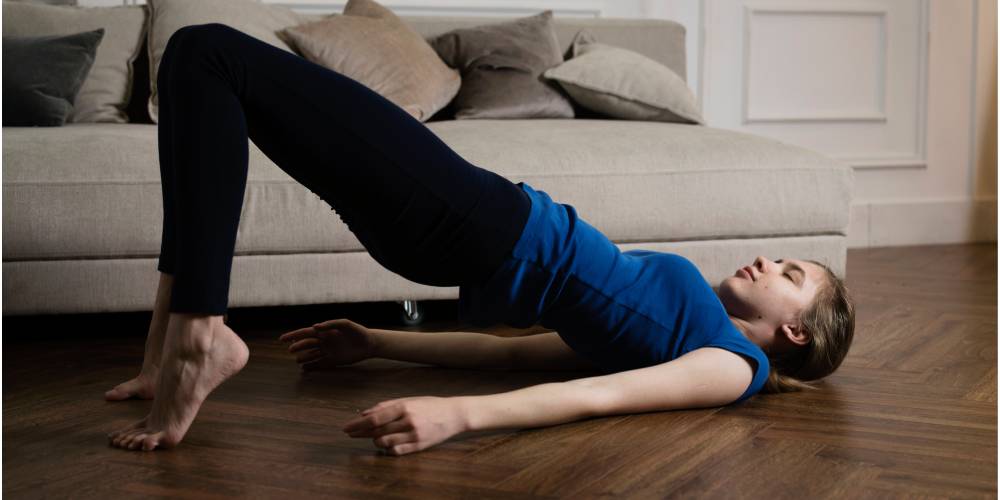
Why Pelvic Floor Therapy Could Be the Missing Link in Menstrual Health
Share
When we imagine period care, we think of pads, tampons, period underwear, and other similar products used to manage the menstrual flow. How about if we also target how our body manages all the symptoms and controls itself during menstrual flows or urge incontinence, that’s where pelvic floor therapy enters the conversation:
What is Pelvic floor therapy?
Basically, it's physiotherapy for the pelvic muscles, which strengthens and tones them to work properly when they are too weak, too tight, or even uncoordinated. Unlike surgeries or drugs, it’s completely non-invasive, a mechanical treatment recommended by gynecologists, urologists, and gastroenterologists, with the following benefits:
- Reduces or stops incontinence
- Reduces pelvic pain syndromes
- Addresses constipation or painful bowel movements
- Stronger muscle movement during pregnancy
- Addresses pain during sex - dyspareunia
Impact on period care
The pelvic muscles support the bladder, uterus, vagina, rectum, and bowel, and during menstruation, these muscles work together closely:
When the uterus contracts to shed its lining, it results in cramps. In some people who have endometriosis and experience pelvic pain, the pelvic floor muscles can have high tension. Pelvic floor therapy can help in better managing this pain and other endo symptoms.
Some people experience heaviness/tightness in their waist and abdomen during menstruation due to a weak pelvis
Period-related incontinence: Hormonal changes can weaken muscle control during the cycle, and a strong pelvis naturally makes the bladder stronger
Urge or mild incontinence: People who have hit their menopause experience weakened muscle control in the bladder, and a strong pelvic floor naturally makes the bladder stronger
How does it improve period care?
Most of the menstrual care revolves around external products like what to wear, frequency of usage, materials used etc, but pelvic floor therapy addresses the root cause: how does the body control the flow and its pressure
For young people: It prevents painful periods and leakage during high-intensity activities like sports
For postpartum women: Helps regain bladder and bowel control
For perimenopausal women: Prevents worsening leakage as estrogen levels drop
It’s worth noting that pelvic floor therapy isn’t about replacing period care products, but is about increasing its efficacy by making the body’s crucial muscles stronger and more effective to manage the symptoms.
